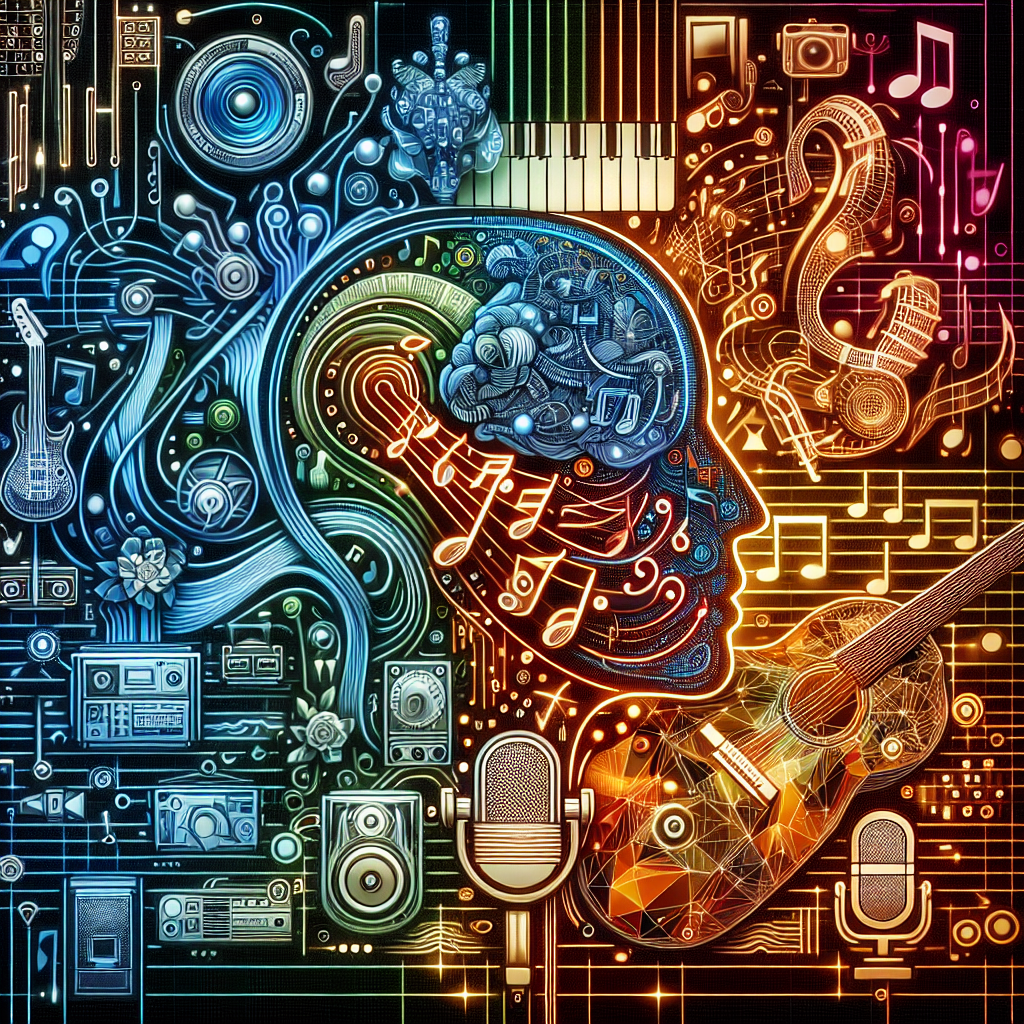Artificial intelligence (AI) has been revolutionizing many industries, and the music industry is no exception. AI tools are transforming the way music is created, produced, distributed, and consumed. From helping artists create new sounds to revolutionizing the way music is discovered by listeners, AI is reshaping the music industry in profound ways.
One of the key ways AI is transforming the music industry is through its ability to analyze vast amounts of data to predict trends and consumer preferences. By analyzing data from streaming platforms, social media, and other sources, AI can help artists and producers understand what types of music are resonating with audiences and tailor their creations accordingly. This data-driven approach can help artists connect with their fans in more meaningful ways and create music that is more likely to be successful.
AI is also being used to help artists create music in new and innovative ways. For example, AI tools can generate musical compositions based on input from artists, allowing them to explore new sounds and styles that they may not have considered otherwise. AI can also be used to analyze existing music to identify patterns and trends that can inspire new compositions.
In addition to helping artists create music, AI is also transforming the way music is produced. AI tools can be used to automate the mixing and mastering process, saving time and reducing costs for music producers. AI can also be used to generate realistic virtual instruments and vocal samples, allowing producers to create high-quality music without the need for expensive recording equipment or studio time.
AI is also revolutionizing the way music is discovered and consumed. Streaming platforms like Spotify and Apple Music use AI algorithms to recommend music to users based on their listening habits and preferences. These algorithms can help listeners discover new artists and genres that they may not have come across otherwise, leading to a more diverse and personalized music experience.
AI is also being used to analyze music to extract valuable insights that can help artists and producers make informed decisions. For example, AI tools can analyze the lyrics of a song to determine its emotional tone and sentiment, which can be useful for marketing and promotional purposes. AI can also be used to analyze the structure and composition of a song to identify elements that are likely to resonate with listeners.
Overall, AI tools are transforming the music industry in numerous ways, from helping artists create music to revolutionizing the way music is discovered and consumed. As AI continues to evolve and improve, its impact on the music industry is only expected to grow.
FAQs:
Q: How are AI tools being used to help artists create music?
A: AI tools can be used to generate musical compositions based on input from artists, analyze existing music to identify patterns and trends, and automate the mixing and mastering process.
Q: How are AI tools being used to transform the way music is produced?
A: AI tools can automate the mixing and mastering process, generate virtual instruments and vocal samples, and reduce costs for music producers.
Q: How are AI algorithms being used to recommend music to listeners?
A: Streaming platforms like Spotify and Apple Music use AI algorithms to recommend music to users based on their listening habits and preferences.
Q: How can AI be used to analyze music and extract insights?
A: AI tools can analyze the lyrics of a song to determine its emotional tone and sentiment, analyze the structure and composition of a song to identify elements that resonate with listeners, and predict trends and consumer preferences in the music industry.

